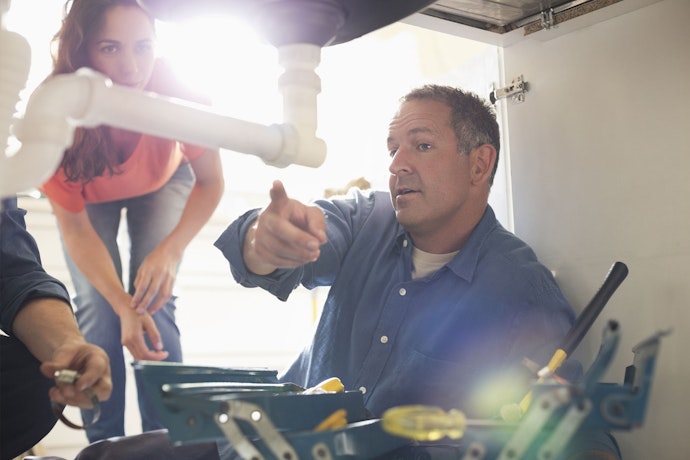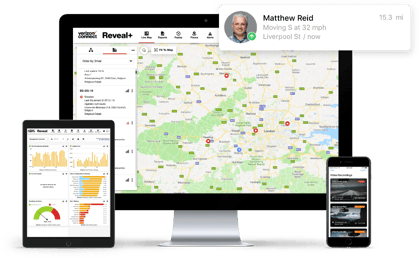68% of fleet managers surveyed in the UK stated that a GPS...
The Fleet Technology Trends Survey conducted for Verizon Connect by ABI Research reported positive findings when fleet...
Read more
There are 24 million SMEs (small and medium-sized enterprises) in the EU, which equates to 99% of all businesses on this continent. They contribute to more than half of the EU’s gross domestic product and are responsible for the employment of around 100 million workers.
Due to the vast number of SMEs in Europe, it makes sense to utilise technology that facilitates small business management as much as possible. Since the start of the COVID-19 pandemic, up to 70% of SMEs have increased their use of digital technologies. However, despite the obvious advantages, many SMEs are hesitant to adopt new systems, which can in turn lead to increased inequalities among people, places and companies. To understand how implementing fleet technology can boost productivity in small businesses it makes sense to have a look at some of the daily challenges they face.
Small businesses all around Europe and the UK were hit hard by COVID-19 and the situation still isn’t over. Many still face the threat of closure depending on which sector they’re in or which restrictions their country has imposed on them as well as how much financial aid they’re entitled to—if any.
57% of all SMEs in Europe were affected by Covid-19. However, different sizes of business seemed to be impacted differently: 60% of micro SMEs, 56% of small SMEs, and 43% of medium-sized SMEs reported a reduction in profits.
According to Fleet Technology Trends Report Europe 2022, 75% of fleet managers stated that increased costs is the top challenge that they have to face every day to keep their businesses competitive followed by labour costs (64%), competitive pressure (61%), fuel spend (60%), and not having enough quality drivers/technicians to meet business demands (59%).
It is for these reasons that the EU calls on businesses to invest in the data economy, artificial intelligence, smart production, the Internet of Things, quantum computing and to ensure a strong SME component in these fields.
Only 17% of SMEs have so far successfully integrated digital technology into their businesses.
According to the SME survey, larger SMEs are more likely to have a strategy or an action plan to guide their digitalisation activities. 59% of medium-sized SMEs and 49% of small SMEs reported having such a plan to help their small business management, compared to only 32% of micro SMEs.
71% of SMEs also reported that they would consider adopting more advanced technologies.
Implementing GPS technology in small and medium-sized businesses as part of the digitalisation process can help your business increase productivity, reduce operating costs and improve customer service. Here are the ways in which this technology can help:
According to the European Fleet Technology Trends Report conducted by ABI Research for Verizon Connect, 45% of British businesses noted improved productivity since implementing a GPS fleet tracking solution, 44% reported improved customer service, 56% lowered their fuel costs and 35% reduced labour costs.
Discover how we can help you to boost your small business. Get a free demo here and see it in action.
Tags: All




Find out how our platform gives you the visibility you need to get more done.
The Fleet Technology Trends Survey conducted for Verizon Connect by ABI Research reported positive findings when fleet...
Read morePersonal mileage can impact your fleet in several ways, opening your vehicles and drivers up to increased risk, minimising...
Read moreMonitor inefficiencies, flag wasteful practices and potentially improve fuel economy with a fleet management solution...
Read moreWondering how to increase labour productivity? Companies that implement fleet technology report a boost in their labour...
Read more